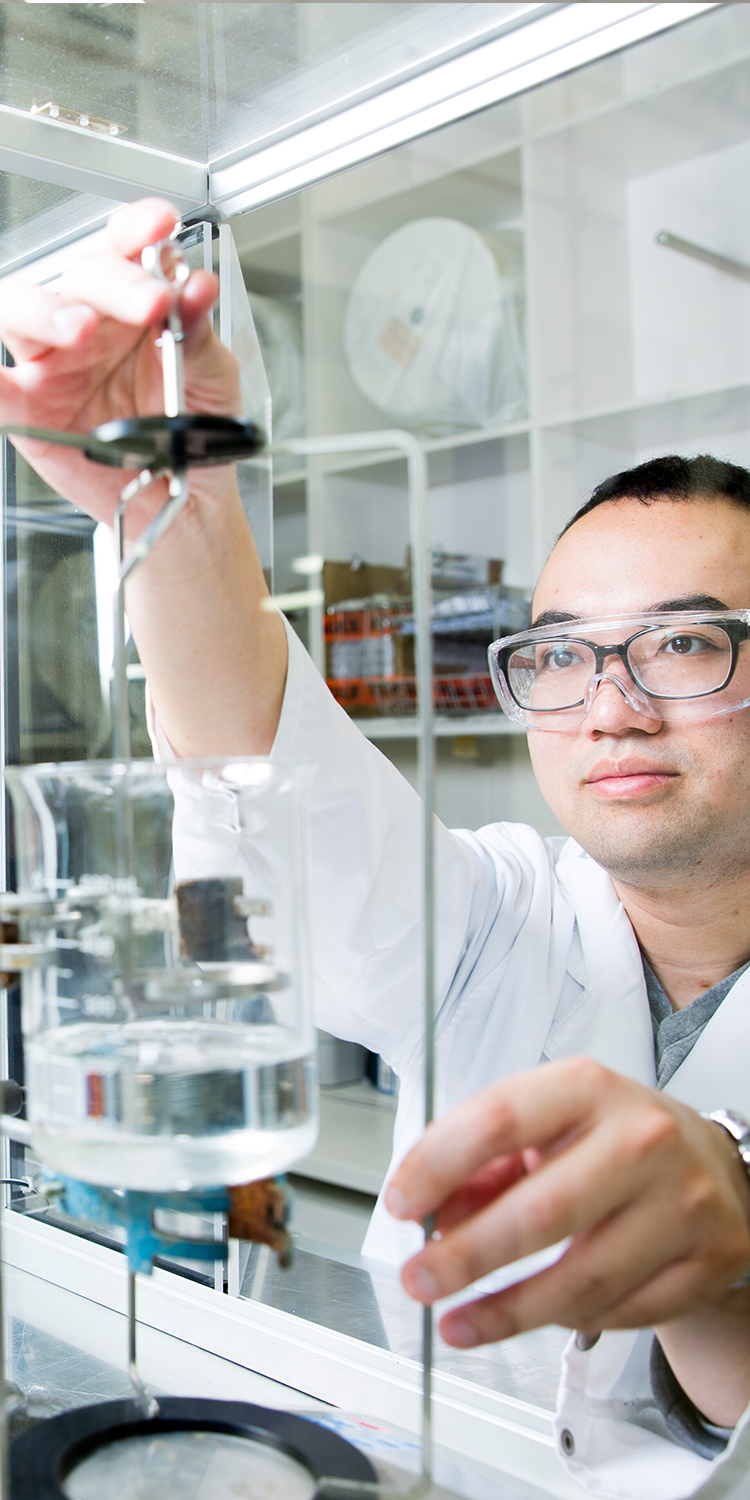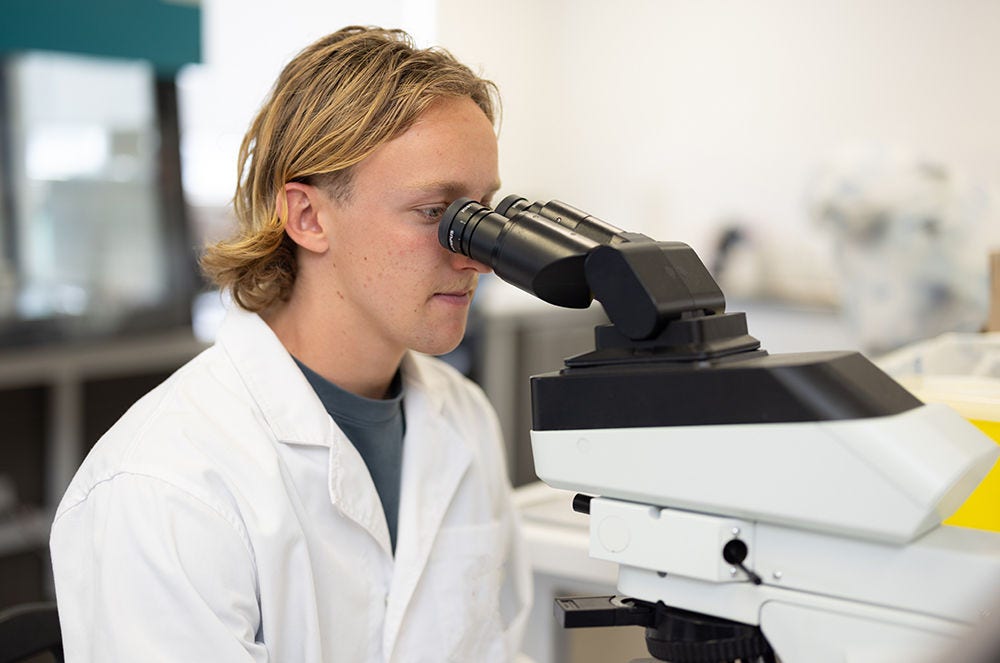If studying ANACBSCIE - Analytical Chemistry then complete SCIE3900 - Science Professional Placement
If studying ANIBBSCIE - Animal Behaviour then complete ANIM3900 - Advanced Applications in Animal Behaviour
If studying ANISBSCIE - Animal Science then complete ANIM3901 - Professional Skills in Animal Science (UoA)
If studying BIOCBSCIE - Biochemistry then complete BIOL3007 - Molecular and Biomedical Sciences Practical 3
If studying BIOTBSCIE - Biotechnology then complete BIOL2900 - Molecular and Biomedical Sciences Practical 2 and BIOL3007 - Molecular and Biomedical Sciences Practical 3
If studying CHEYBSCIE - Chemistry then complete SCIE3900 - Science Professional Placement
If studying COMPBSCIE - Computational Physics then complete PHYSX300 - Computational Physics
If studying ECOLBSCIE - Ecology then complete SCIE3900 - Science Professional Placement
If studying ENVGBSCIE - Environmental and Geospatial Science then complete SCIE3900 - Science Professional Placement
If studying ENVSBSCIE - Environmental Science then complete SCIE3900 - Science Professional Placement
If studying EVOLBSCIE - Evolutionary Biology then complete SCIE3900 - Science Professional Placement
If studying EVOPBSCIE - Evolutionary Biology and Palaeontology then complete EART3002 - Field Palaeontology
If studying EXPEBSCIE - Experimental Physics then complete PHYSX301 - Experimental Physics
If studying FOODBSCIE - Food Science and Technology then complete SCIE3900 - Science Professional Placement
If studying GENEBSCIE - Genetics then complete BIOL2900 - Molecular and Biomedical Sciences Practical 2 and BIOL3900 - Genetics Practical 3A and BIOL3901 - Genetics Practical 3B and BIOL3007 - Molecular and Biomedical Sciences Practical 3
If studying GEOLBSCIE - Geology then complete EART3003 - Field Geoscience Program
If studying GEOEBSCIE - Geology and Earth Resources then complete EART3003 - Field Geoscience Program
If studying GEOPBSCIE - Geology and Palaeontology then complete EART3002 - Field Palaeontology
If studying GEOYBSCIE - Geophysics then complete SCIE3900 - Science Professional Placement
If studying MARWBSCIE - Marine and Wildlife Conservation then complete SCIE3900 - Science Professional Placement
If studying MEDBBSCIE - Medicinal and Biological Chemistry then complete SCIE3900 - Science Professional Placement
If studying MICRBSCIE - Microbiology and Immunology then complete BIOL2900 - Molecular and Biomedical Sciences Practical 2 and BIOL3007 - Molecular and Biomedical Sciences Practical 3 and BIOL3012 - Microbiology and Immunology Practical
If studying NUCCBSCIE - Nuclear Chemistry then complete SCIE3900 - Science Professional Placement
If studyingNUCRBSCIE - Nuclear and Radiation Physics then complete PHYSX300 - Computational Physics or PHYSX301 - Experimental Physics
If studying PHYGBSCIE - Physics and Geophysics then complete PHYS3004 - Optics and Photonics or PHYSX300 - Computational Physics
If studying PLABBSCIE - Plant Biology then complete SCIE3900 - Science Professional Placement
If studying PACHBSCIE - Pure and Applied Chemistry then complete SCIE3900 - Science Professional Placement
If studying SOILBSCIE - Soil Science then complete SCIE3900 - Science Professional Placement
If studying SPACBSCIE - Space Science and Astrophysics then complete PHYSX301 - Experimental Physics
If studying THEOBSCIE - Theoretical Physics then complete PHYSX300 - Computational Physics or PHYSX301 - Experimental Physics









